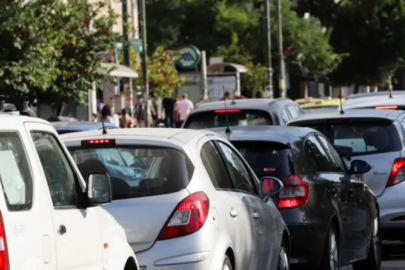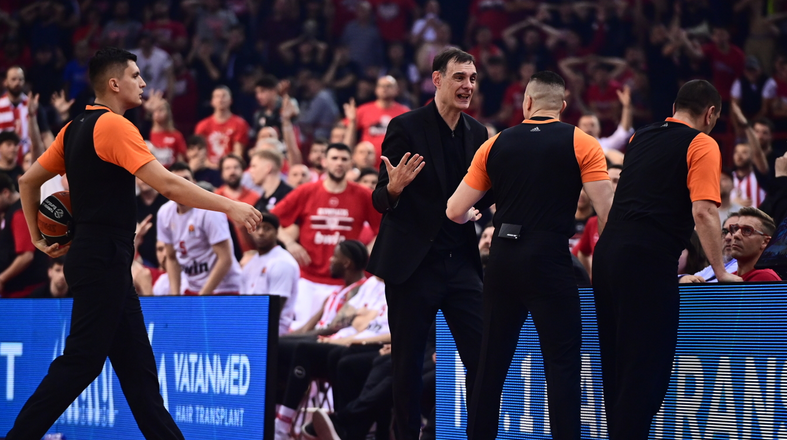In April, the platform for submitting applications for the “Renovate – Rent” programme of DYPA will be opened in parallel with the adoption of the CPR which will refer to the terms and conditions of the programme.
Important elements of the programme are that there is no age limit for expressing interest, while a specific period of up to 6 months will be provided during which the renovation of the property must be completed in order to be offered for rent. If the property is not rented, penalties such as the reimbursement of the renovation fee will be imposed.
The scheme gives an outlet to landlords who do not have the funds to renovate their properties by aiming to bring vacant properties into the rental market by subsidising landlords to upgrade them.
Approximately 12,500 vacant houses will be included in the scheme provided that the benefiting owners follow the necessary procedures.
In particular, the State subsidy amounts to 40% of the costs incurred by the owner, for works and materials, with a maximum subsidy of €10,000 (including materials and works).
A prerequisite is the electronic payment of invoices and the lease of the property for at least three years.
That is, the works and materials should all have been purchased with regular invoices, which should then be submitted electronically to avoid tax evasion. In the event that someone renovates their property with black money and without receipts, they will not be able to receive the subsidy.
Homeowners who have 50% or more ownership or usufruct of the property are eligible for the scheme.
The conditions
The property to be renovated:
– Must not be larger than 100 sqm and must be located in a residential area.
– The programme is open to homeowners with an annual income of up to EUR 40,000 and a property of up to EUR 300,000, and excludes those who have joined energy saving or renovation programmes for any of their properties in the last five years.
– h home must not be declared as a primary residence or rented, but must be reported as vacant in the E2 of the last three years.
At the same time, once the owner has carried out the renovation, it is necessary to rent the property for three years and the way to prove this is when submitting the invoices to receive the subsidy, to also submit the electronic tenancy agreement, which proves that they have already found the person or persons who will rent the house.
This is a first step, which is likely to incentivise some landlords to re-let their properties.
Budget Office of the Parliament: Predicts 2.5% growth under conditions
At the same time, another action under the housing policy is the “Coverage” programme, which involves the lease by the public sector of private homes that have participated in the “Hestia” programme to house migrants and make them available to vulnerable young people and young couples.
Under the scheme, the owners of the properties are required to lease the houses for three years to persons aged 25-39 years old, beneficiaries of the minimum guaranteed income. The aim is to use in the first phase at least 1,000 properties, which will house 2,500 beneficiaries aged 25-39 years old, beneficiaries of the minimum guaranteed income.


































